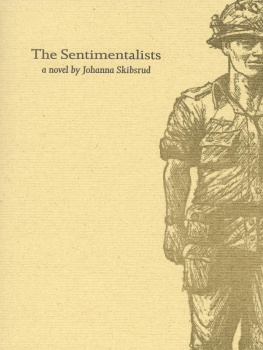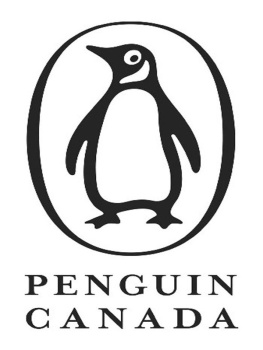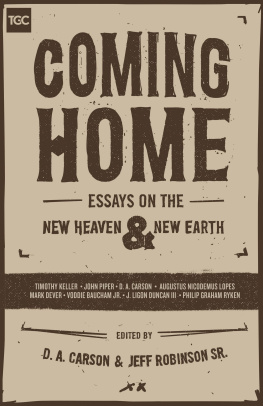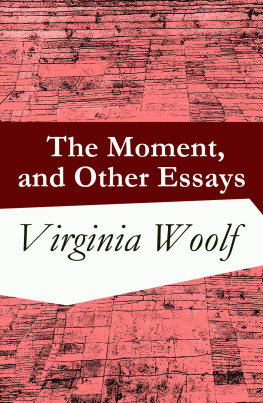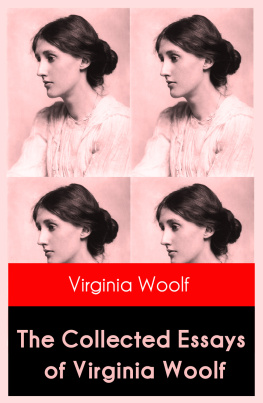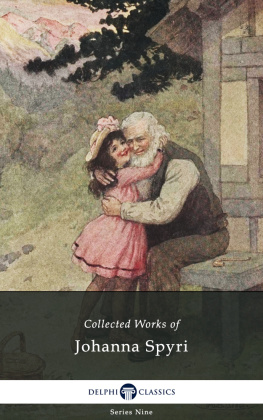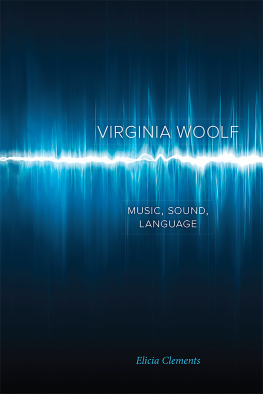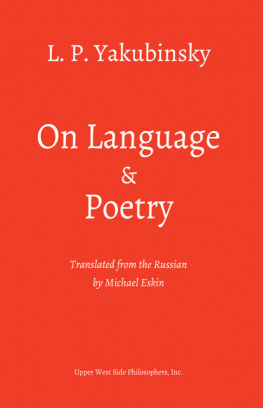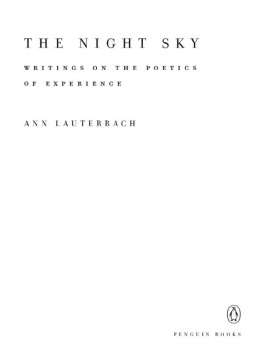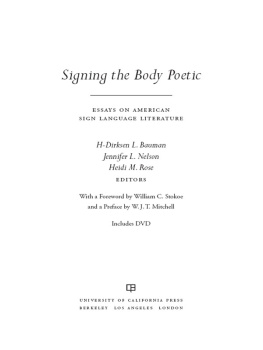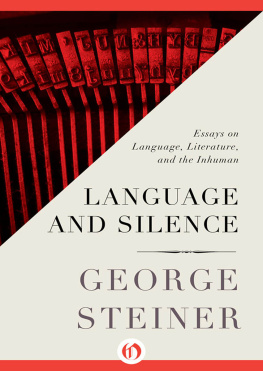Johanna Skibsrud - The Nothing That Is: Essays on Art, Literature and Being
Here you can read online Johanna Skibsrud - The Nothing That Is: Essays on Art, Literature and Being full text of the book (entire story) in english for free. Download pdf and epub, get meaning, cover and reviews about this ebook. year: 2019, publisher: BookThug, genre: Science. Description of the work, (preface) as well as reviews are available. Best literature library LitArk.com created for fans of good reading and offers a wide selection of genres:
Romance novel
Science fiction
Adventure
Detective
Science
History
Home and family
Prose
Art
Politics
Computer
Non-fiction
Religion
Business
Children
Humor
Choose a favorite category and find really read worthwhile books. Enjoy immersion in the world of imagination, feel the emotions of the characters or learn something new for yourself, make an fascinating discovery.

- Book:The Nothing That Is: Essays on Art, Literature and Being
- Author:
- Publisher:BookThug
- Genre:
- Year:2019
- Rating:5 / 5
- Favourites:Add to favourites
- Your mark:
The Nothing That Is: Essays on Art, Literature and Being: summary, description and annotation
We offer to read an annotation, description, summary or preface (depends on what the author of the book "The Nothing That Is: Essays on Art, Literature and Being" wrote himself). If you haven't found the necessary information about the book — write in the comments, we will try to find it.
Rather than making something out of nothing, what follows is an endeavour to express the potential of language and thought to encounter what is infinitely beyond both yet to be imagined.
In The Nothing That Is, Johanna Skibsrud gathers essays about the very concept of nothing. Addressing a broad range of topicsincluding false atrocity tales, so-called fake news, high-wire acts, and telepathy, as well as responses to works by John Ashbery, Virginia Woolf, Anne Carson, and morethese essays seek to decentre our relationship to both the givenness of history and to a predictive or probable model of the future.
The Nothing That Is explores ways in which poetic language can activate the possibilities replete within our every moment. Skibsrud reveals that within every encounter between a speaking I and what exceeds subjectivity, there is a listening Other, be it community or the objective world.
Johanna Skibsrud: author's other books
Who wrote The Nothing That Is: Essays on Art, Literature and Being? Find out the surname, the name of the author of the book and a list of all author's works by series.

